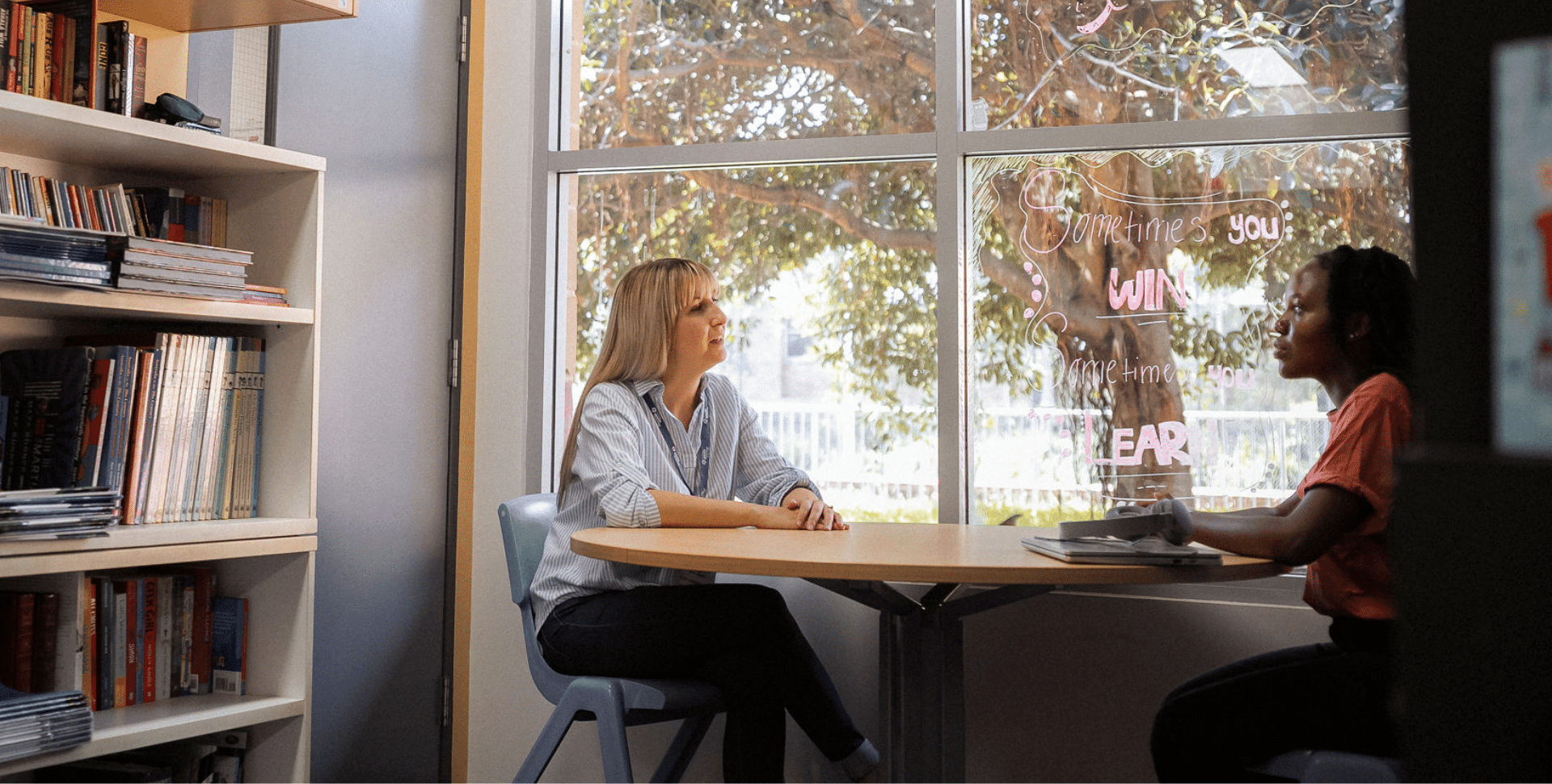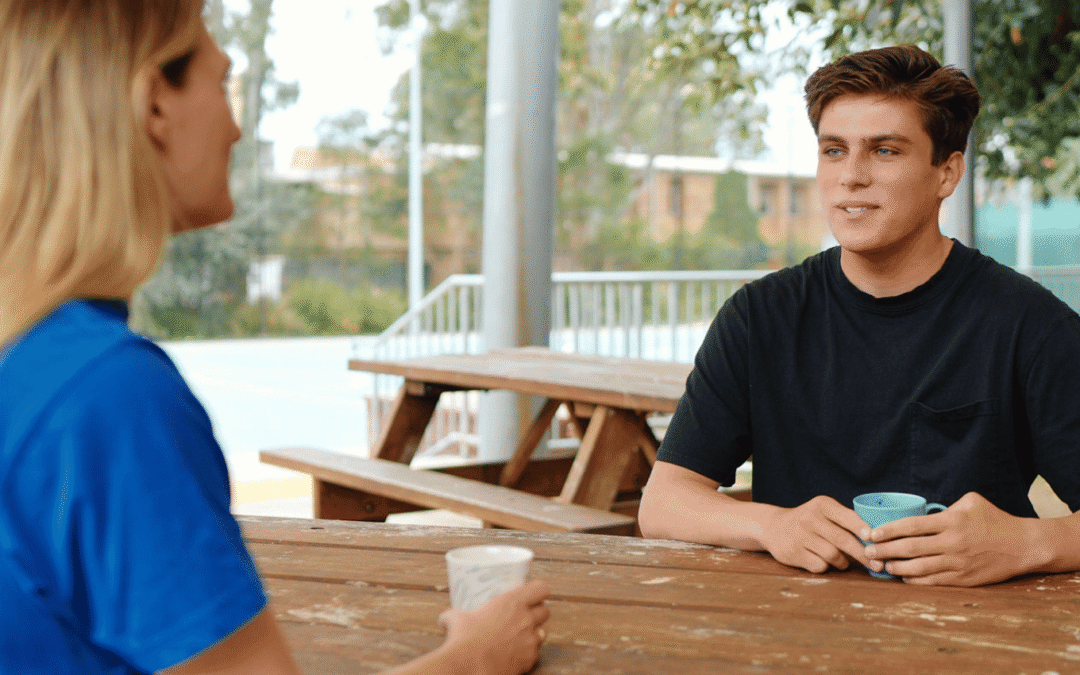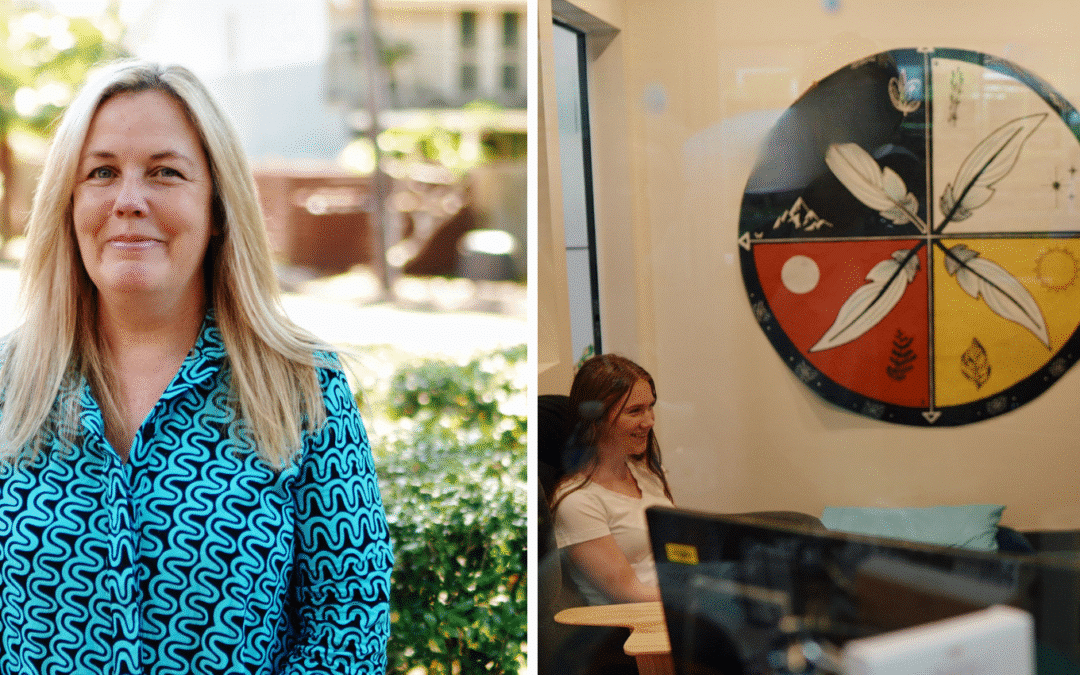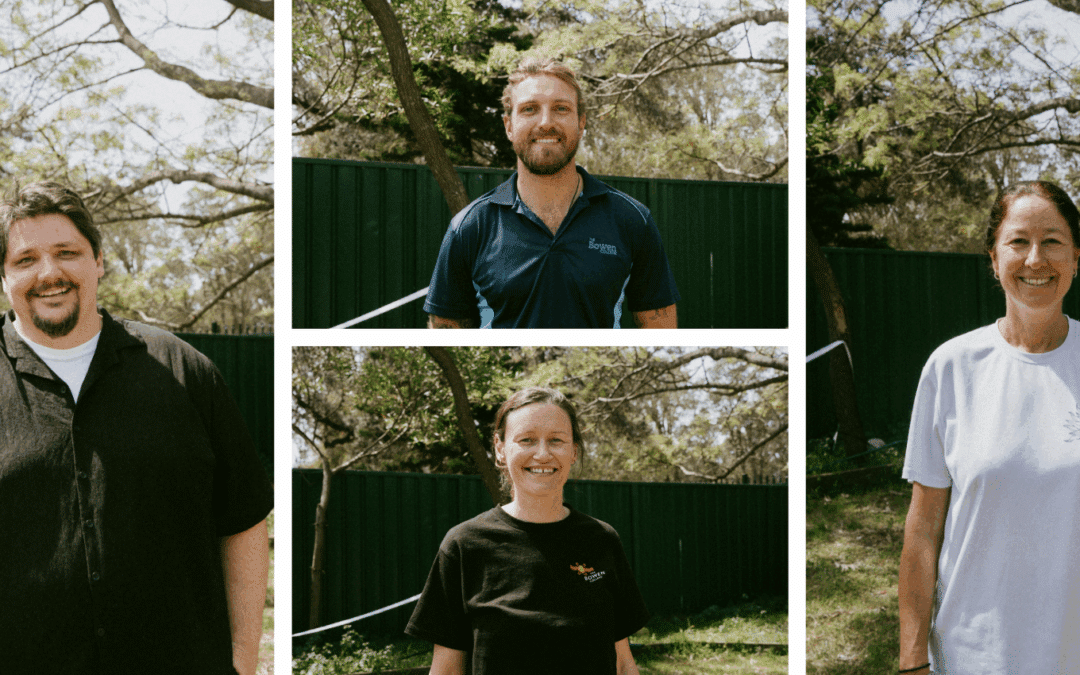Domestic, family and sexual violence (DFSV) isn’t just a problem between adults. Each year, thousands of children and young people across Australia are caught in the crossfire of violence in the home, not only as witnesses but often as direct victims. The trauma they endure leaves lasting scars – scars that are sometimes invisible but deeply damaging.
Around 90% of young people accessing Youth Off The Streets’ Inner West Youth Homelessness Service have been impacted by domestic and family violence.
For young victim–survivors of DFSV, the consequences can be life-altering. The trauma they experience at such a formative age often manifests in serious mental health challenges, a high risk of experiencing homelessness and a greater chance of engaging in unhealthy behaviours such as substance misuse.
At Youth Off The Streets, we’ve seen firsthand how family violence drives young people out of their homes, interrupts their education, damages their health and wellbeing and causes them to lose faith in the adults who are meant to care for them.
This year’s theme for National Child Protection Week is Every Conversation Matters. This could not be more fitting when it comes to addressing the impact of DFSV on young lives. Conversations—between children and trusted adults, teachers and social workers—can be lifesaving.
Take Anna*, a 14-year-old student at one of Youth Off The Streets’ alternative independent high schools. One day, Anna revealed the challenges she was facing at home and activated a ‘safety plan’ with our team after her parent, who struggles with substance misuse, became violent.
The details she shared were shocking, but sadly, Anna’s experience is not unique. Young people like Anna are left feeling unsafe in their own homes—one of the places they should feel most secure.
What Anna’s story demonstrates is the importance of having safe, stable and supportive services like ours. These services provide young people with a lifeline—somewhere they can turn when their home environment becomes unsafe. But we can’t do it alone.
There has been a significant service gap for young Australians aged 12–24 who have experienced DFSV. Too many young people are falling through the cracks and deeper into crisis, lacking the specific support they need as direct victims of domestic violence. We need systemic change that addresses the root causes of violence, promotes early intervention and ensures that every child and young person grows up in a safe and nurturing environment.
According to the Australian Institute of Health and Welfare (AIHW), two of the major barriers for children and young people in accessing DFSV help are being unable to express or communicate the abuse – because they may not have the tools or language to talk about the issue – and a lack of appropriate child and young people-specialised service responses.
This reflects a major gap in how we are addressing and preventing long-term harm. And this is where safe conversations are critical—whether it’s between social services and the government, or between frontline workers and the young people they support.
This week reminds us that our responsibility goes beyond simply recognising the signs of harm. We need to act, listen and engage young people in meaningful conversations about their safety. But it’s also a reminder of the gaps in the system that leave so many children and young people vulnerable.
While we focus on protecting children and young people from violence and abuse, we must ensure that our responses to their trauma are tailored to their unique needs.
We must prioritise early intervention and prevention services, including more trauma-informed programs for children and young people. If we fail to do this, we risk further marginalising an already vulnerable group.
Let’s commit to filling the gaps in our support systems and ensuring every child and young person has access to the care they need. They deserve to feel safe—at home, in school and in their community.
What stood out to me was the courage it took for Anna to start this conversation in the first place. For so many young people living in fear, starting a conversation can feel like the biggest hurdle. But it’s those first words that open the door to safety, to healing, and to change. As the theme says, Every Conversation Matters—and Anna’s did.
*Name changed for privacy.



